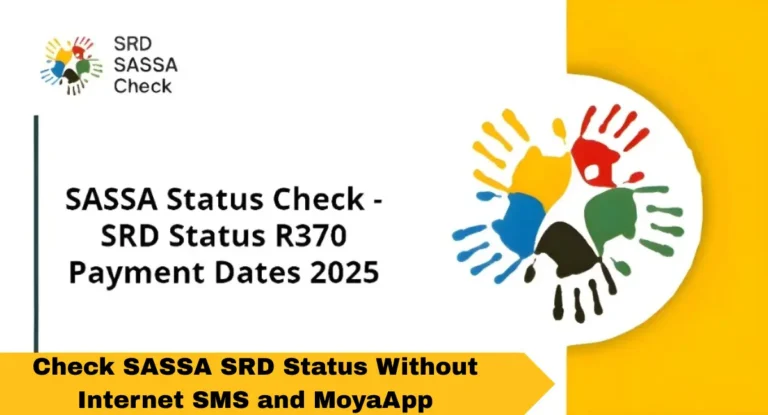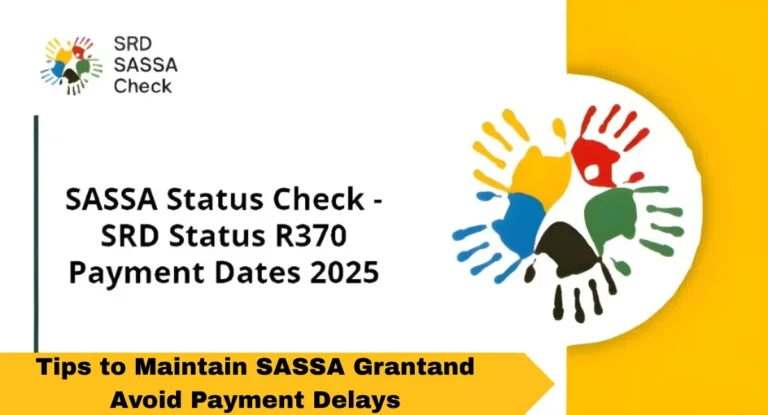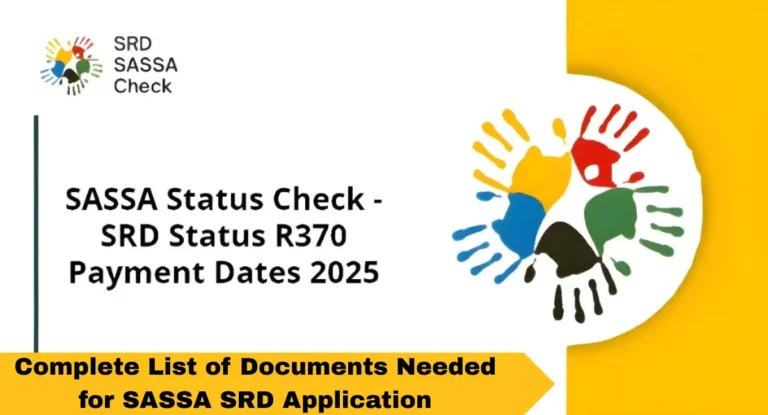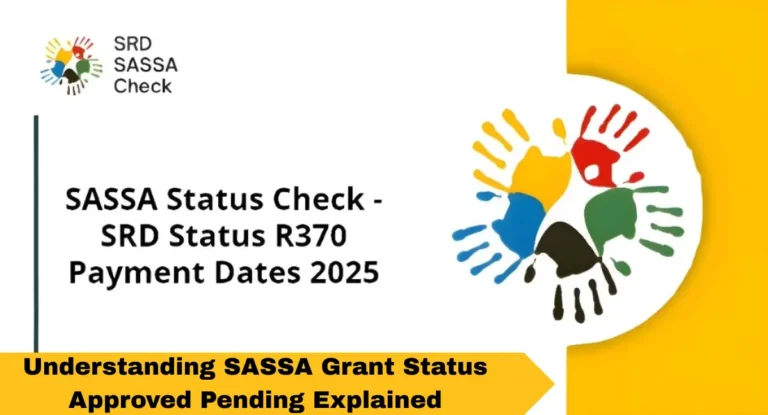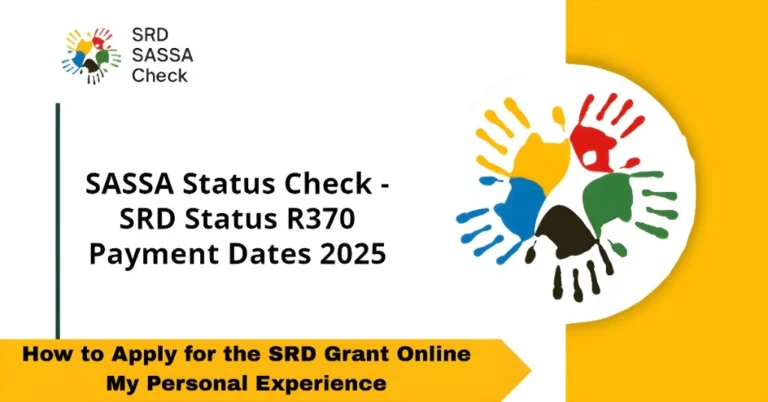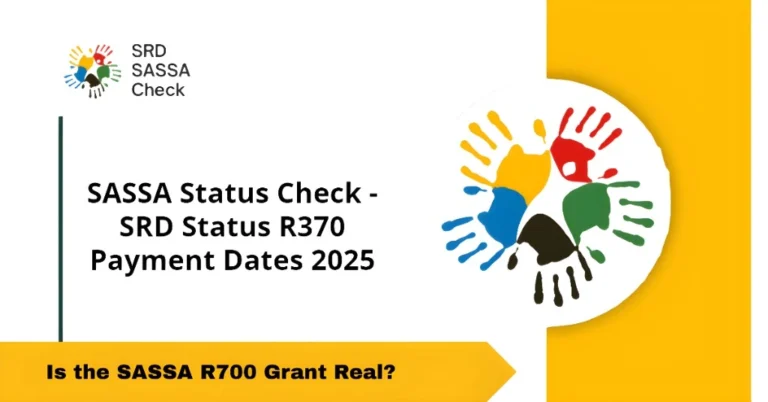Can I Invest in Bitcoin with My SRD Grant Payment?
If you’re receiving the Social Relief of Distress (SRD) grant in South Africa, you might be wondering, “Can I invest in Bitcoin with my SRD grant payment?” While it is legally possible to use your SRD grant for such investments, it’s crucial to understand the associated risks and financial implications.
Before making any decisions, ensure your grant has been paid by performing a SASSA status check to confirm your payment status.
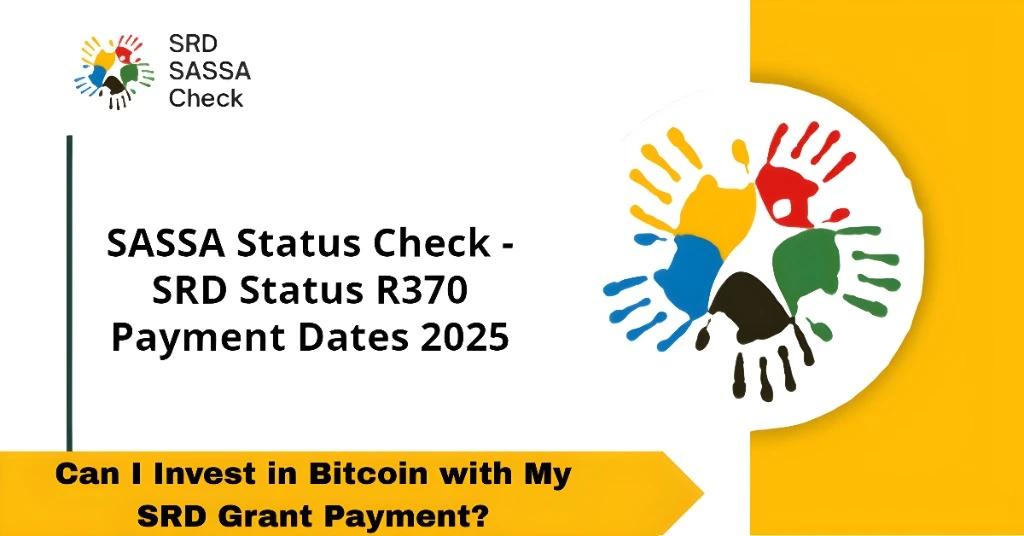
Is It Legal to Invest in Cryptocurrency in South Africa?
Before you decide to invest in Bitcoin with my SRD grant payment, consider whether it’s necessary to use your SRD grant for high-risk investments like Bitcoin. It’s crucial to ask yourself if the funds could be better spent on immediate needs such as food, healthcare, or paying bills, rather than gambling on an uncertain investment.
Understanding the Risks of Investing SRD Grant Funds
Investing your SRD grant in cryptocurrencies can be tempting, but it comes with significant risks:
Cryptocurrencies are highly volatile, and their prices can drop unexpectedly, leading to potential losses.
The cryptocurrency market is less regulated than traditional financial markets, which means there may be fewer protections if something goes wrong.
The SRD grant is designed to support your basic needs, and using it for speculative investments might jeopardize your financial well-being.
Should You Use Your SRD Grant to Invest in Bitcoin?

Before you decide to invest in Bitcoin with your SASSA SRD R370 Grant 2025 payment, consider whether it’s necessary to use this money for high-risk investments like cryptocurrency. It’s crucial to ask yourself if the funds could be better spent on immediate needs such as food, healthcare, or paying bills, rather than risking it on an uncertain investment.
Key Considerations Before Making Cryptocurrency Investments
If you’re still interested in investing in Bitcoin or other cryptocurrencies, keep these tips in mind:
Assess Your Financial Needs:
Make sure you have addressed essential needs first.
Create an Emergency Fund:
Before taking on high-risk investments, ensure you have savings set aside for emergencies.
Seek Professional Advice:
Consult with a financial advisor to get expert advice on whether cryptocurrency investment is right for your financial situation.
(FAQs)
Final Thoughts
While it’s legally possible to use your SRD grant for cryptocurrency investments, it’s important to approach this decision with caution. The SRD grant is designed to provide essential financial relief, and using it for high-risk investments could jeopardize your ability to meet your basic needs.
Before investing in Bitcoin or other cryptocurrencies, ensure that your immediate financial needs are met, and consider setting aside funds for emergencies. If you’re still interested in investing, make sure you understand the risks involved and consider seeking professional advice

